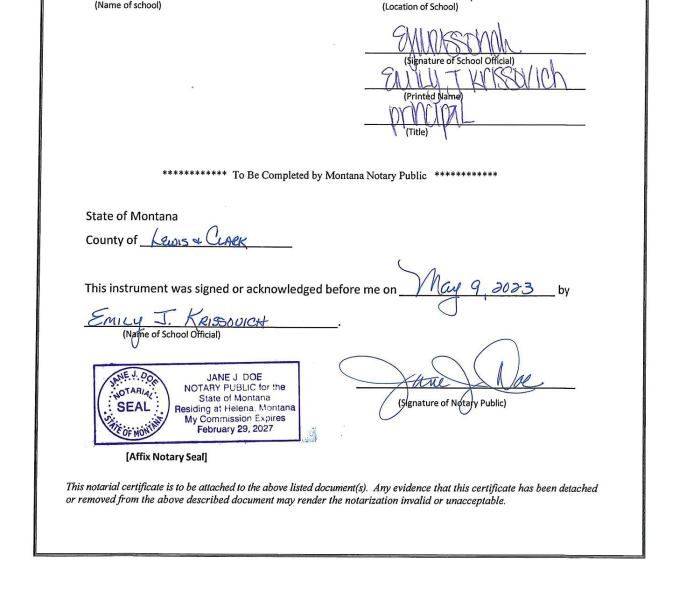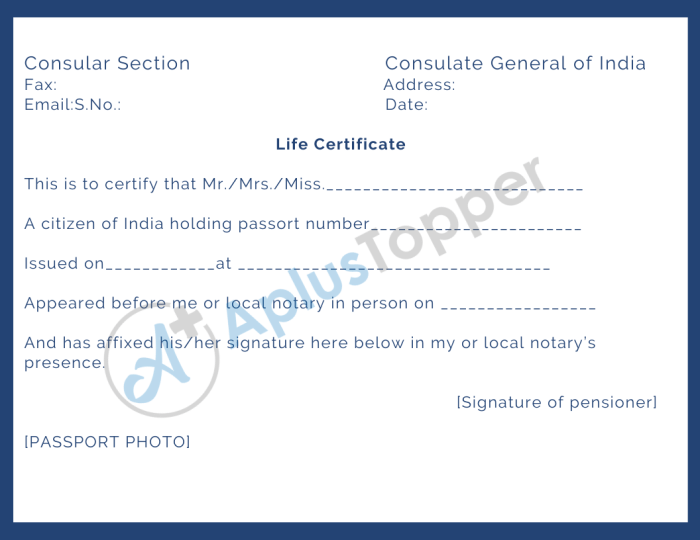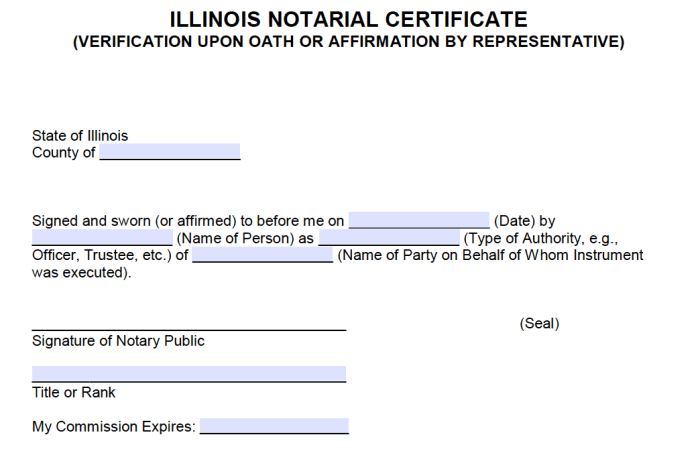If the notarial certificate is missing from a document: – Notarial certificates play a crucial role in authenticating documents, ensuring their validity and enforceability. However, if a notarial certificate is missing from a document, it can have significant legal consequences.
This article examines the purpose and importance of notarial certificates, the consequences of missing notarizations, and the procedures for handling such situations. It also provides legal considerations and best practices to avoid the risks associated with missing notarial certificates.
Understanding Notarial Certificates

Notarial certificates are official documents that verify the authenticity and validity of signatures on legal documents. They are typically issued by notaries public, who are commissioned by the state to witness and authenticate signatures.
Notarial certificates serve several important purposes:
- Prevent fraud and forgery by verifying the identity of the signer
- Provide evidence that the document was signed voluntarily and with full understanding
- Make documents legally binding and enforceable in court
The legal implications of a missing notarial certificate can be significant. Documents that require notarization may not be considered valid or enforceable without a proper certificate. This can have serious consequences, such as:
- Delay or denial of legal proceedings
- Financial losses or legal liability
- Invalidation of contracts or other important documents
Common documents that typically require notarization include:
- Deeds and mortgages
- Contracts and agreements
- Affidavits and sworn statements
- Powers of attorney
- Last wills and testaments
Consequences of Missing Notarial Certificates

Submitting a document without a notarial certificate can have several potential consequences:
- The document may not be considered legally binding or enforceable
- The signer may be accused of fraud or forgery
- The document may be rejected by government agencies or financial institutions
- The signer may face legal or financial penalties
The impact of a missing notarial certificate on the validity and enforceability of documents depends on the specific circumstances and the laws of the relevant jurisdiction.
Procedures for Handling Missing Notarial Certificates: If The Notarial Certificate Is Missing From A Document:

If a notarial certificate is missing from a document, it is important to take the following steps:
- Contact the notary public who originally notarized the document
- Explain the situation and request a replacement certificate
- Be prepared to provide proof of identity and the original document
- Pay the required fee for the replacement certificate
The timeframes and costs involved in obtaining a replacement certificate vary depending on the notary public and the jurisdiction.
Legal Considerations and Best Practices

Submitting a document with a missing notarial certificate can have serious legal implications. It is important to seek legal advice if you are unsure whether a document requires notarization or if you have any questions about the validity of a document without a notarial certificate.
To avoid missing notarial certificates, it is best practice to:
- Be aware of the documents that require notarization
- Schedule an appointment with a notary public in advance
- Bring the original document and proof of identity to the appointment
- Review the notarial certificate carefully before signing the document
FAQ
What are the legal implications of submitting a document without a notarial certificate?
Missing notarizations can render a document invalid or unenforceable, affecting its legal status and the rights of the parties involved.
What steps should be taken if a notarial certificate is missing from a document?
Contact the notary public who originally notarized the document or seek legal advice to obtain a replacement certificate or explore alternative options.
What are the costs and timeframes involved in obtaining a replacement notarial certificate?
Costs and timeframes vary depending on the notary public and the jurisdiction. It is advisable to inquire directly with the notary or relevant legal authorities.